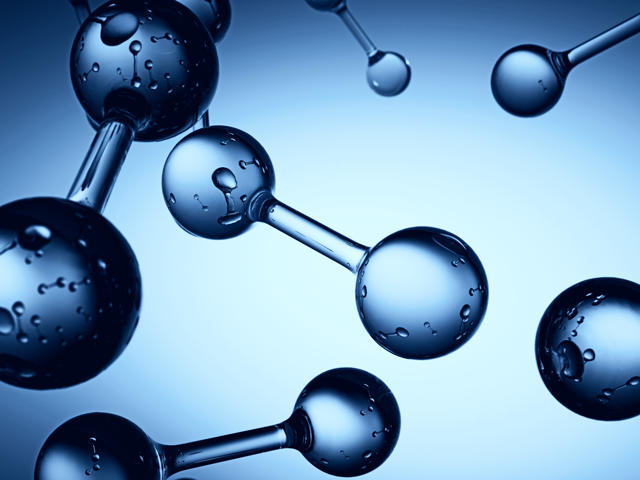Systems Transition Engineering Processes (STEPs)
By bringing together engineering, policy and society, we’re driving sustainable transitions across key sectors as we pioneer the shift from unsustainable energy and material systems.
The Systems Transition Engineering Processes (STEPs) theme within iNetZ+ explores how engineering, finance, policy, and society can collaborate to shift away from unsustainable energy and material systems. Tackling these "wicked problems" requires innovative systems approaches, co-designed with stakeholders, to address the interconnected challenges faced by businesses, governments, and communities.
The STEPs programme pioneers a transdisciplinary research and training initiative to establish the first Systems Transition Engineering Programme. Drawing on decades of advancements in systems design, transition engineering, and systems approaches, STEPs aims to deliver tools, methods, and processes for sustainable transformation.
Through expert summits, stakeholder clinics, and action research, STEPs addresses complex challenges across six key activity ecosystems, including housing, transport, freight, public buildings, primary production, and manufacturing. By leveraging digital infrastructure, stakeholder collaboration, and real-world test cases like Orkney, STEPs offers a practical pathway to achieve net-zero transitions while ensuring equity, innovation, and resilience.
The Global Research Institute for Net Zero (iNetZ+) at Heriot-Watt University plays a pivotal role in fostering interdisciplinary research that addresses the most pressing environmental and societal challenges of our time. Through its innovative research themes, iNetZ+ encourages collaboration across our school-based institutes, integrating expertise from engineering, social sciences, and the natural sciences. This collaborative approach is further strengthened by partnerships with other global research institutes at Heriot-Watt, ensuring that our collective efforts push the boundaries of sustainable solutions for a net-zero future.
Related themes and projects

Decarbonising transport and logistics
By integrating agent-based modelling, data science, operations research, and behavioural change tactics, we'll develop an understanding and implement the necessary technological and operational shifts for new sustainable solutions.

Energy in buildings
We're addressing the significant role buildings play in worldwide greenhouse gas emissions and energy consumption; focusing on pioneering technologies and policies to guide buildings towards net zero, contributing to the global decarbonisation effort.

Harnessing green hydrogen
We're developing hydrogen production technologies, establishing new methods of transporting fuel and advancing storage solutions. Our researchers champion the use of hydrogen as a renewable energy source across industrial and domestic realms.
